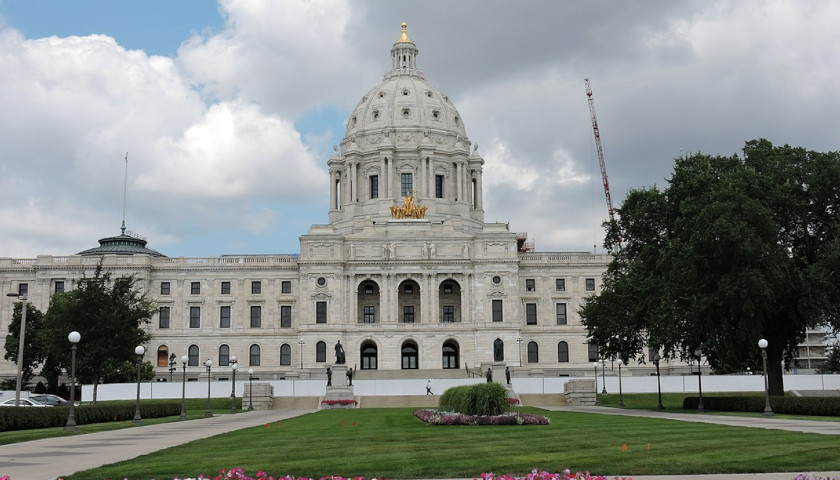A new report released Tuesday claims that Minnesota’s Department of Human Services repeatedly reimbursed opioid treatment providers “without legal authority” and “never documented their decisions.”
The latest report from the Office of the Legislative Auditor specifically looked at overpayments made to the White Earth Nation and the Leech Lake Band of Ojibwe.
“The Department of Human Services notified the Office of the Legislative Auditor on July 9, 2019, that DHS had overpaid the opioid addiction treatment programs operated by the White Earth Nation and the Leech Lake Band of Ojibwe. In July, DHS estimated the overpayments amounted to $25 million; recently, the department increased the estimate to nearly $29 million,” the report begins.
Minnesota’s DHS has been at the center of a number of negative news stories over the past several months for issues ranging from resignations of high-ranking officials and improper payments to cultural problems within the agency.
For instance, a whistleblower who works at DHS recently claimed that she continues to face retaliation for speaking out.
The new report says it found “troubling dysfunction” in the largest state agency.
“The department did not have legal authority to make the payments; it did not document why, when, and who decided it was appropriate to make the payments; no one at DHS takes responsibility for the decision; and no one at DHS can provide a rationale for the payments,” the report states in its conclusion. “The overpayments continued over several years and did not stop until an outside inquiry brought them to light.”
“The dysfunction we found at DHS has created serious financial and legal problems for the state, the White Earth Nation, and the Leech Lake Band of Ojibwe; those problems will be difficult to resolve,” the report adds.
State Rep. Jeremy Munson (R-Lake Crystal) said the report reveals a “complete lack of controls at DHS for who knows how long.”
“It sounds like pretty much anybody in the organization could set a policy that could wind up costing taxpayers tens of millions of dollars,” he said. “Moreover, this is the same agency that big government legislators just gave an estimated $20 million per year, or $200 million over the next ten years, to communities and organizations to fight opioid addiction. There is also the money that HHS will get when the state settles a lawsuit with the pharmaceutical companies for potentially much more. How can we be sure that the money will be spent correctly and that they will not be making up the rules as they go while ignoring fraud and abuse of their programs?”
Munson said the thing he finds most “appalling” is the “arrogance and lack of integrity of DHS officials when confronted with their failures.”
“As legislators, we’d better be thinking of other ways to make them pay for this and not reward them for failure and dishonesty,” he concluded.
– – –
Anthony Gockowski is managing editor of Battleground State News, The Ohio Star, and The Minnesota Sun. Follow Anthony on Twitter. Email tips to [email protected].





[…] in 2019. This year’s uptick in scandals has been driven by what Legislative Auditor Jim Nobles recently described as a culture of “troubling dysfunction” at […]
[…] “The department did not have legal authority to make the payments; it did not document why, when, and who decided it was appropriate to make the payments; no one at DHS takes responsibility for the decision; and no one at DHS can provide a rationale for the payments. The overpayments continued over several years and did not stop until an outside inquiry brought them to light,” his report stated, The Minnesota Sun reported. […]